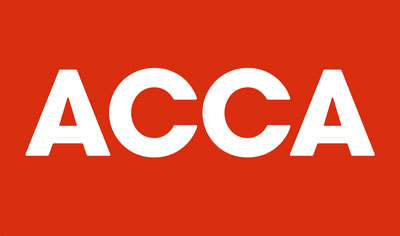ACCA: What features a quality audit should possess

A quality audit is vital to public confidence in the audit process and its value. However, the key elements of a quality audit can sometimes exist in mutual tension, and robust discussion among key stakeholders is required to align expectations, improve quality and maintain effectiveness of the audit system.
ACCA (the Association of Chartered Certified Accountants) has published a guide to the features that a quality audit should possess, recognising their interrelation and occasional tension.
Tenets of a quality audit identifies the factors that contribute to audit quality as:
- Thoroughness and timeliness: thoroughness in an audit is required to ensure that all risks are addressed and all issues are resolved prior to issuing the audit report; but at the same time, the value of audit to investors and the public also lies in its timeliness.
- Independence and closeness: an auditor is required to maintain independence at all times when performing the audit. At the same time, audit quality is enhanced by the closeness to an audit client that is acquired through repeated involvement in the engagement.
- Standardisation and autonomy: there is a certain degree of standardisation to an audit: at a basic level, the auditor must follow auditing standards. At the same time, however, the auditor must exercise some autonomy in determining where risks lie and which areas require greater investigation.
- Delivering a holistic opinion and responding to fraud: audit quality requires the delivery of a holistic opinion – the ‘true and fair view’ – over the financial statements. A risk-based approach is vital to ensuring that, as far as possible, the auditor spends most of their time on the riskiest parts of the audit and that the opinion is holistic. At the same time, the auditor is required to respond to fraud or suspected fraud, so must test specific transactions.
- Transparency and confidentiality: Users expect an auditor to be transparent with them and not to withhold salient information from the audit report. At the same time, the audit process relies upon a shared understanding that private information (that, if disclosed inappropriately, could be damaging to the company and investors) will remain confidential.
Andrew Gambier, head of audit and assurance at ACCA, said:
“Auditors are called on to simultaneously follow rules and judgement – which do not always align. Standard-setters also reflect this in the way they prioritise them when drafting new standards.
“Balancing the tensions requires extensive consultation with stakeholders, drawing on their viewpoint of the role of the audit, and the value of the process to company, stakeholder and society.
“We’re pleased to contribute to this important debate with Tenets of a quality audit, and look forward to receiving feedback on how the factors identified here can lead to improvements in audit quality.”
Tenets of a quality audit is available HERE
Source: ACCA


























